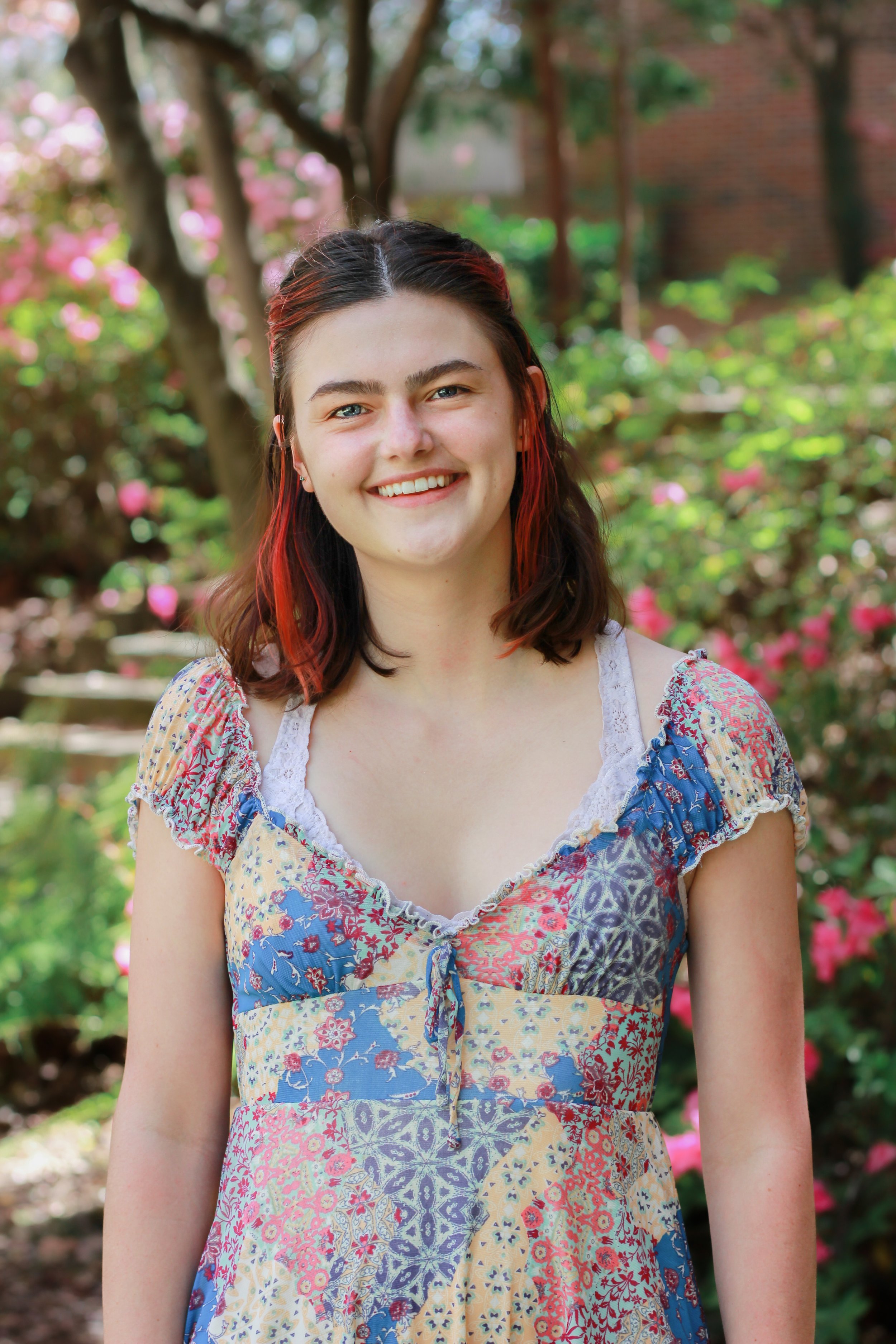Obsessive Compulsive Disorder
What is Obsessive Compulsive Disorder (OCD)?
Obsessive-Compulsive Disorder (OCD) is a mental health condition characterized by persistent and recurring thoughts, urges, or mental images (known as “obsessions”) which can trigger repetitive behaviors (called “compulsions”). These obsessions are intrusive and involuntary and cause distress or anxiety. While compulsions may temporarily relieve this distress, they are also uncontrollable and time-consuming, which can impair daily functioning. People of all ages and all racial, ethnic, and socioeconomic backgrounds can experience OCD.
What causes OCD?
The cause of OCD is currently believed to be multifactorial, including biochemical (how your body functions), genetic (your family history), and psychosocial factors (your experiences and relationships). Research has shown that the symptoms can begin or intensify during periods of stress. In the brain, the most current theories postulate that variations in levels of neurotransmitters, especially serotonin, glutamate, and GABA, may play a role.
What’s the difference between OCD and being a perfectionist or tidy?
OCD is a clinical diagnosis made by a healthcare provider, not just a personality trait, habit, or mental tendency. OCD involves compulsive behaviors (compulsions) driven by intrusive thoughts (obsessions), either of which can cause significant distress and impairment. Sometimes, individuals with OCD spend over an hour a day on them, despite recognizing their excessive nature. In contrast, self-identified perfectionists may have preferences, but they typically don't experience the intense anxiety and distress associated with OCD when they are unable to perform their preferred actions. Not all repetitive thoughts qualify as obsessions, and not all habitual behaviors qualify as compulsions. While compulsions may briefly alleviate the intrusive thoughts in those with OCD, they do not typically provide genuine pleasure or comfort.
While some individuals who are perfectionists or extremely tidy may say they have “OCD,” OCD is different in that it is a diagnosis made by a healthcare professional. To help avoid confusion and misuse, we recommend describing feelings of tidiness or organization as they are and reserving the term “OCD” for those with a clinical diagnosis from a professional. For example, instead of saying “I’m OCD about ___,” instead try “I’m very particular about ___.”
What’s the difference between OCD and OCPD?
Another clinical diagnosis that is related to OCD is Obsessive-Compulsive Personality Disorder (OCPD). This differs from OCD in that the obsessions and compulsions in OCD are egodystonic (a fancy word meaning inconsistent with one’s goals), whereas obsession and compulsions in OCPD are egosyntonic (a fancy word meaning consistent with one’s goals). The difference between these can be nuanced, so to help make the distinction clear, here’s an example of the difference between OCD and OCPD. Situation: Sarah is a college student preparing for her final exams.
OCD (Obsessive-Compulsive Disorder): Sarah is a diligent student, but often experiences intrusive thoughts if she does not study in a particular order that will cause her to fail her exams. She consistently goes back through her notes even though she knows she already memorized that material; she has to review the same section six times before moving on to the next. Every section of her notes must be reviewed in this way or she worries that she may fail. She realizes this is a time-consuming process but she feels the compulsion to do this. Despite her efforts, she often struggles to concentrate because of the overwhelming anxiety caused by her obsessions and compulsions.
OCPD (Obsessive-Compulsive Personality Disorder): Sarah is a diligent student and is intensely focused on achieving perfect grades and meticulously crafts her study schedule down to the minute on her calendar – bathroom breaks, lunch break, and where she will study. She spends an excessive amount of time color-coding and organizing her study materials to make sure everything is “just right.” Sarah’s perfectionism and rigid adherence to her study routine often causes her distress when something does not go exactly how she planned it, making her feel like things are out of her control.
While obsessions and compulsions in OCPD can help individuals accomplish certain goals, the relentless pursuit of perfection can eventually be counterproductive. As with OCD, OCPD is a clinical diagnosis made by a healthcare professional.
What kind of thoughts or compulsions can OCD encompass?
Individuals with OCD may exhibit obsessions, compulsions, or both (often, the compulsion is performed to relieve the obsession).
Obsessions are recurring thoughts, urges, or mental images that are intrusive, unwanted, and typically provoke anxiety and interfere with daily life. Obsessions in OCD can vary widely from person to person, but here are some common examples:
Fears of contamination: Persistent worries about germs, dirt, or disease.
Desire for symmetry and order: Intense discomfort or anxiety when things are not arranged in a specific way or if there is a perceived lack of order.
Fear of harming self or others: Intrusive thoughts or images of accidental or intentional harm.
Unwanted sexual thoughts: Disturbing thoughts or images, often involving taboo or inappropriate activities.
Perfectionism: Persistent thoughts about never being able to achieve perfection.
Compulsions, on the other hand, are the repetitive actions and behaviors driven by the need to respond to or resolve these obsessions. Examples include excessive cleaning or hand washing, checking and redoing tasks, counting objects, steps, or repetitions of actions, and avoiding situations that might be perceived as harmful or disordered.
are there treatments for OCD?
Treatment for OCD typically involves talk therapy, medication, or both. Currently, the most clinically proven therapy method is Cognitive Behavioral Therapy (CBT). Exposure and Response Prevention (ERP) is a method within CBT that gradually exposes individuals to their obsessions while halting their typical compulsive responses. Trained therapists typically administer this therapy, which often includes incorporating relaxation techniques. For medications, Selective Serotonin Reuptake Inhibitors (SSRIs) can be effective in managing the obsessions and compulsions associated with OCD for some people. SSRIs can be prescribed by a trained physician who can determine if you may benefit from medication. Additionally, there are several coping strategies that may reduce symptoms of OCD, such as practicing meditation and mindfulness.
The take-home message here is: Several treatments exist for OCD, so help exists, and if one method doesn’t work for you there are other approaches that you can try. You should always consult with your mental health professional about your treatment plan.
Here’s what people with OCD want you to know:
“OCD is real. OCD can wear many hats. OCD is called the ‘Doubting Disorder’ for a reason.”
- Abby T (Georgia Tech)
“OCD is not loving to clean and be organized. Compulsions are not enjoyable and sometimes feel impossible to control or resist. Also, while there are common obsession themes, there are no set rules for what you can obsess over.”
- Anonymous (New York City)
“OCD runs much deeper than compulsions and obsessions. It’s not always physical, and sometimes manifests in severe anxiety and intrusive thoughts that can be impossible to control. Having intrusive thoughts doesn’t make you a bad person and it’s not your fault that they’re in your head.”
- Julia S. (New York City)
“[OCD] is having panic attacks if you don’t do compulsions and not sleeping due to obsessions (not just “being a neat freak”).”
- Trisha Tambe (Georgia Tech)
“If you're reading this, give yourself a chance to feel better and try [medication]; it just may change your life.”
- Jojo W. (Syracuse University)
Where to go for help with OCD:
Your primary care physician (these are typically doctors specializing in Family Medicine or Internal Medicine)
A psychiatrist (a doctor specializing in Psychiatry)
A psychologist (a mental health provider with a PhD os PsyD degree), therapist, or counselor (note that these providers cannot prescribe medications but can provide valuable interventions such as therapy)
WHEN Do I go The Doctor?
Experiencing Symptoms: If you experience one or more symptoms of OCD (persistent and recurring thoughts, urges, or mental images that can trigger repetitive behaviors that interfere with daily life or cause stress), initiating care can help you receive an accurate diagnosis and start treatment.
Difficulty Managing Symptoms: If you're finding it challenging to control your obsessions and compulsions, despite your efforts to resist or ignore them, seeking professional guidance can be beneficial.
Impact on Daily Life: If OCD symptoms are significantly interfering with your work, relationships, social activities, or other aspects of your daily functioning, it's essential to seek help to address these challenges.
Unsuccessful Self-Help Attempts: If self-help strategies or coping techniques have not been effective in managing your OCD symptoms, it may be time to consult a doctor or mental health professional for personalized treatment options.
When in doubt, see a healthcare provider or mental health professional. They can give you an accurate diagnosis, suggest treatment options, and recommend a different treatment plan if one isn’t working.
HOW Do I find a provider that takes my insurance/form of payment?
Visit your insurance provider’s website and locate the provider finder page. This should assist you in finding care in your area that accepts your insurance.
Call your insurance provider to have them assist you in finding a provider in your area.
Use FindTreatment.gov.
See “Mental Health Providers: Tips on Finding One” for more tips and suggestions.
With all that being said, this is your reminder that you don’t need to be a psychiatrist or psychologist to discuss your mental health or to be an empathetic ear to a friend. All you need is an open mind.
Where Can I Learn More?
Wondermind, Here’s What OCD Actually Is (and Isn’t)
American Psychiatric Association, Patients and Families, Obsessive-Compulsive Disorder
National Alliance on Mental Illness, About Mental Illness, Obsessive-Compulsive Disorder
Wondermind, The Difference Between Obsessions and Compulsions
Wondermind, The Difference Between OCD and Perfectionism
Wondermind, So What’s the Difference Between OCD and OCPD?
what people with OCD have to share with you:
Disclaimer: The information above is intended to provide education regarding Obsessive Disorder. It is not medical advice and should not be used for medical diagnosis. For questions regarding diagnosis, treatment, and more regarding any mental health conditions, contact a mental health professional.
Published: March 18, 2024.
Written by Grant Bednar (Medical Student) and Max Smith (Medical Student), Edited by Alexandra Lawlor (Medical Student).
References:
Biria, M., Banca, P., Healy, M.P. et al. Cortical glutamate and GABA are related to compulsive behaviour in individuals with obsessive compulsive disorder and healthy controls. Nat Commun 14, 3324 (2023). https://doi.org/10.1038/s41467-023-38695-z
Rizvi A, Torrico TJ. Obsessive-Compulsive Personality Disorder. [Updated 2023 Oct 28]. In: StatPearls [Internet]. Treasure Island (FL): StatPearls Publishing; 2024 Jan-. Available from: https://www.ncbi.nlm.nih.gov/books/NBK597372/
Foa E. B. (2010). Cognitive behavioral therapy of obsessive-compulsive disorder. Dialogues in clinical neuroscience, 12(2), 199–207. https://doi.org/10.31887/DCNS.2010.12.2/efoa
Geller, J. (2022, October). What is obsessive-compulsive disorder?. Psychiatry.org - What Is Obsessive-Compulsive Disorder? https://www.psychiatry.org/patients-families/obsessive-compulsive-disorder/what-is-obsessive-compulsive-disorder
Obsessive-compulsive and related disorders. In: Diagnostic and Statistical Manual of Mental Disorders DSM-5-TR. 5th ed. American Psychiatric Association; 2022. https://dsm.psychiatryonline.org. Accessed May 17, 2023.
Obsessive-compulsive disorder. National Alliance on Mental Illness. https://www.nami.org/Learn-More/Mental-Health-Conditions/Obsessive-compulsive-Disorder/Overview.
What causes OCD?. International OCD Foundation. (2023, June 28). https://iocdf.org/about-ocd/what-causes-ocd/
U.S. Department of Health and Human Services. Obsessive-compulsive disorder. National Institute of Mental Health. https://www.nimh.nih.gov/health/topics/obsessive-compulsive-disorder-ocd































If you’re reading this, you are understood.